Current Studies
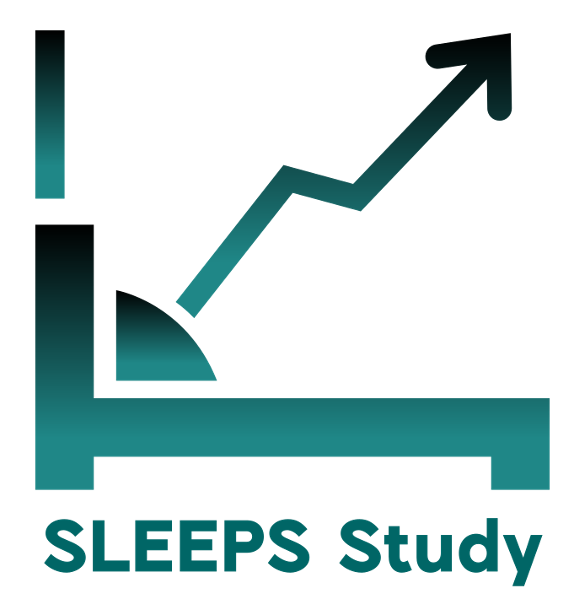
Sauna and Lifestyle Every Evening Practices for Sleep
The Study: The SLEEPS study aims to test the feasibility and acceptability of a digital self-paced cognitive behavioral therapy for insomnia (CBT-I) program and infrared sauna blanket sessions as a potential mind-body treatment for adults with insomnia. All study activities will be done remotely, and participants will be paid for their time.
Participation involves:
- Doing an online sleep treatment program
- Doing online surveys
- Doing interviews with study staff over Zoom video
Participation may involve:
- Using a sauna blanket at home in the evenings
Participants must:
- Be at least 18 years old
- Have insomnia
- Have a smartphone and internet access
- Not be traveling internationally for the next 4 months
Interested in participating?
Take our online screener here to see if you are eligible!
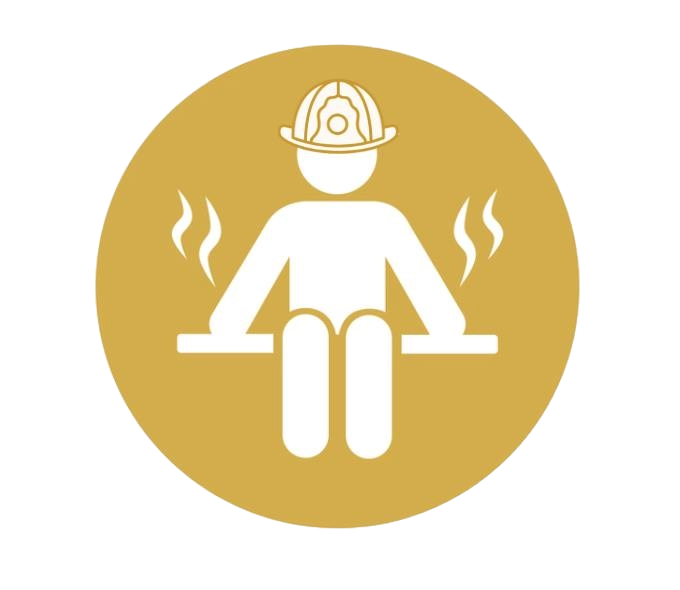
Firefighter Sauna Study
The study: The Firefighter Sauna Study will test if it is possible to measure environmental toxicants in blood, urine, and sweat by passively increasing core body temperature in active-duty firefighters who have been working in the field full-time for at least 5 years. The Firefighter Sauna Study treatment will consist of an 85-minute infrared sauna session. Participants will receive their blood and urine toxicant results upon conclusion of the study and will also be paid for their time spent on research activities outside of the sauna study visit.
Participation involves:
- One 85-min infrared sauna session
- 4 urine collections (3 at-home)
- 3 blood draws
- 3 online surveys
Participants must:
- Be between the ages of 18-64
- Be a full-time firefighter in the field (responding to fires)
- Have been working full-time in the field for at least 5 years
Interested in participating?
Click here to take our online screening survey to learn if you might be eligible.
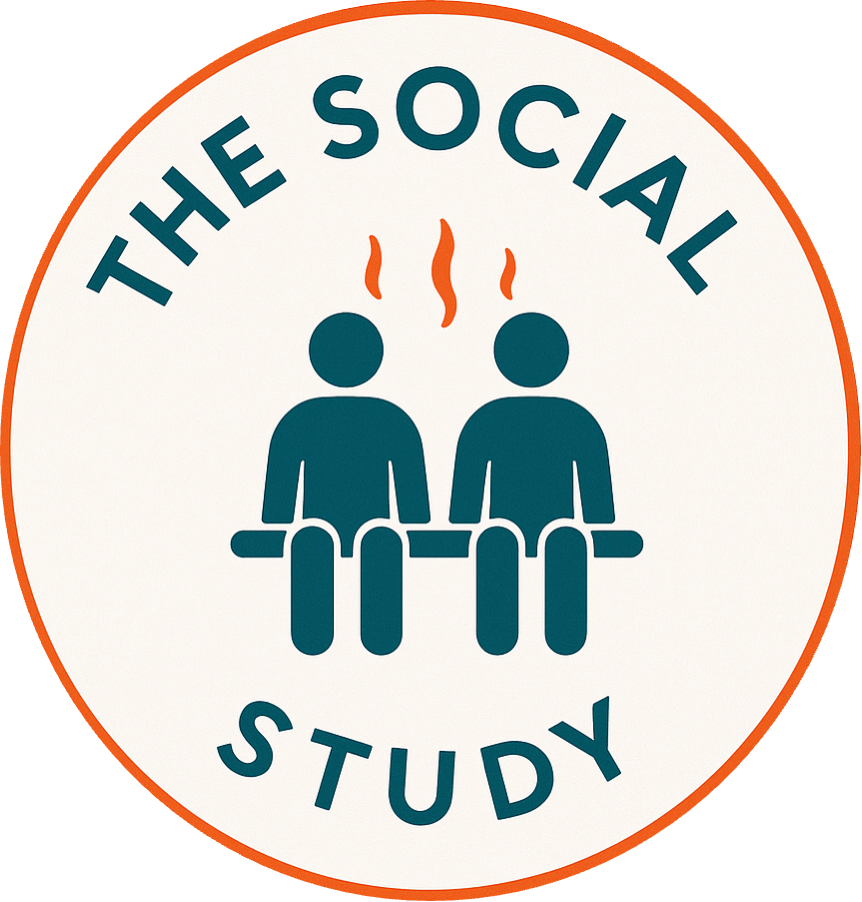
SOCIAL Study
The Study: The SOCIAL Study aims to explore how sauna bathing may reduce loneliness among emerging adults. Please check back in early 2026 for more information.
Participation involves:
- Visiting a sauna in San Francisco for 2 hours weekly for 8 weeks
- Doing online surveys
- Meeting with a study team member on Zoom at the end of the study
Participants must:
- Be 19-22 years old
- Have completed high school (or high school equivalent)
- Have a smartphone and reliable internet access
Past Studies
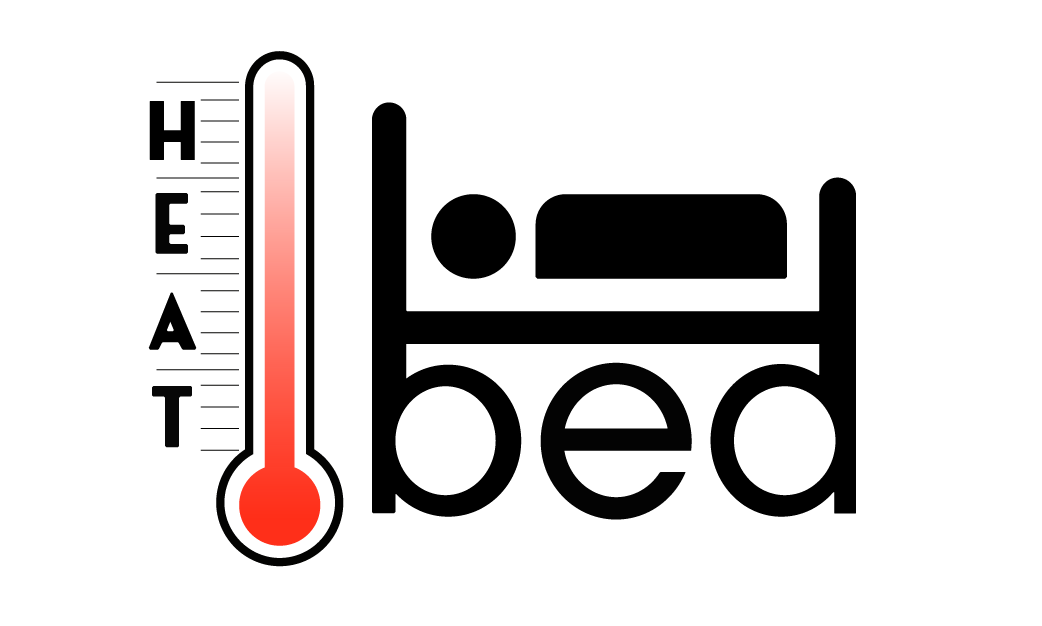
Hyperthermia as an Alternative Treatment for the Biology and Experience of Depression (HEATBED) Studies
The studies: The HEATBED Studies tested whole-body hyperthermia (WBH), which is whole-body heating using an infrared sauna device. The first HEATBED study tested whether our WBH protocol could reliably raise core body temperature in healthy people. The second and third HEATBED studies tested the feasibility and acceptability of a treatment combining WBH and cognitive behavioral therapy (CBT) sessions for people with clinical depression. Click here to join the waitlist for the next study.
What we found: You can read the outcomes for the first HEATBED study (healthy people) here, the second HEATBED study (people with depression) here and a case report from the second HEATBED depression study here. We will soon be submitting our results from the third HEATBED study for publication.

The Temperature as a Predictor (TemPredict) Study
The study: The TemPredict Study began as a project focused on detecting COVID-19, but grew into a project that focused on using wearable device data to identify both acute and chronic health conditions, as well as to identify sleep phenotypes and biological signatures of mental health states.
What we found: We have published more than 10 peer-reviewed articles from this dataset, which you can access through our publications page. Some of our favorite papers have focused on detecting COVID-19 and finding a dose-response association between greater body temperatures and greater levels of depressive symptoms.
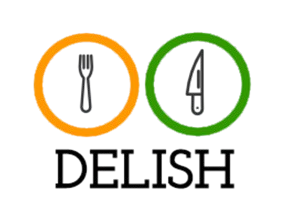
Diabetes Education to Lower Insulin, Sugars, and Hunger (DELISH) Study
The study: The DELISH Study provided a carbohydrate-restricted diet with or without mindful eating training to people with Type 2 Diabetes who find food cravings hard to resist.
What we found: We have published a protocol paper, as well as data on the cardiovascular outcomes from this study, with more to come.

Biology and Experience of Eating (BEE) Study
The study: The BEE Study explored reward-driven eating among people with overweight or obesity.
What we found: We have published several versions of the Reward-based Eating Drive (RED) scale, in a rapid 5-item version, the original 9-item version, and the expanded 13-item version. The 5- and 13-item versions have the best psychometric properties, and have been translated into several languages; these translations are in preparation.
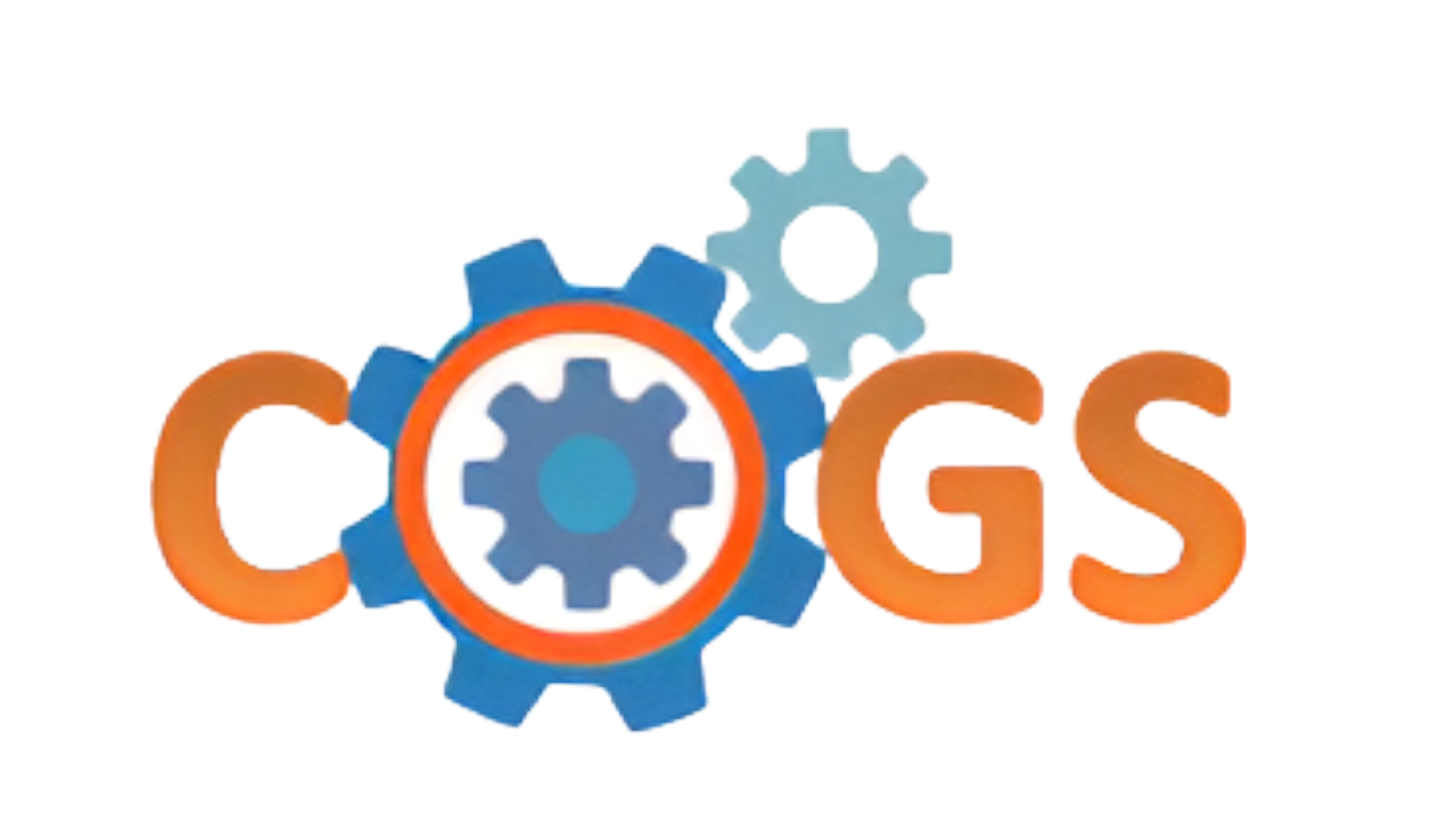
Cognition and Glucose Study (COGS) Study
The study: The COGS Study explored how drinking a glucose beverage affected cognitive attention and performance across individuals of normal body mass index (BMI) status and those of obese BMI status.
What we found: We found that individuals of obese BMI status (relative to individuals of normal BMI status) showed greater attentional bias to food-related stimuli after consuming the glucose beverage.
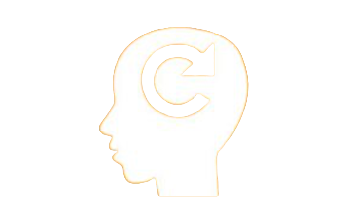
Eat Right Now (ERN) Study
The study: The ERN Study tested whether a 28-day, mobile intervention for mindful eating could reduce the experience of food cravings and eating in response to food cravings.
What we found: We found that the ERN program was associated with a 40% reduction in craving-related eating and significant reductions in trait food cravings. We also found that training in mindful eating weakened an association between mood and food craving strength.

Sugar Transitions and Reward (STAR) Study
The study: The STAR Study was a sub-study of a larger trial examining the brain. It tested whether consuming sugary beverages versus aspartame-sweetened beverages for 14 days changed reward-driven and craving-related eating.
What we found: We found that sucrose consumption (but not aspartame consumption) was associated with reductions in stress-induced cortisol after a cognitive task.